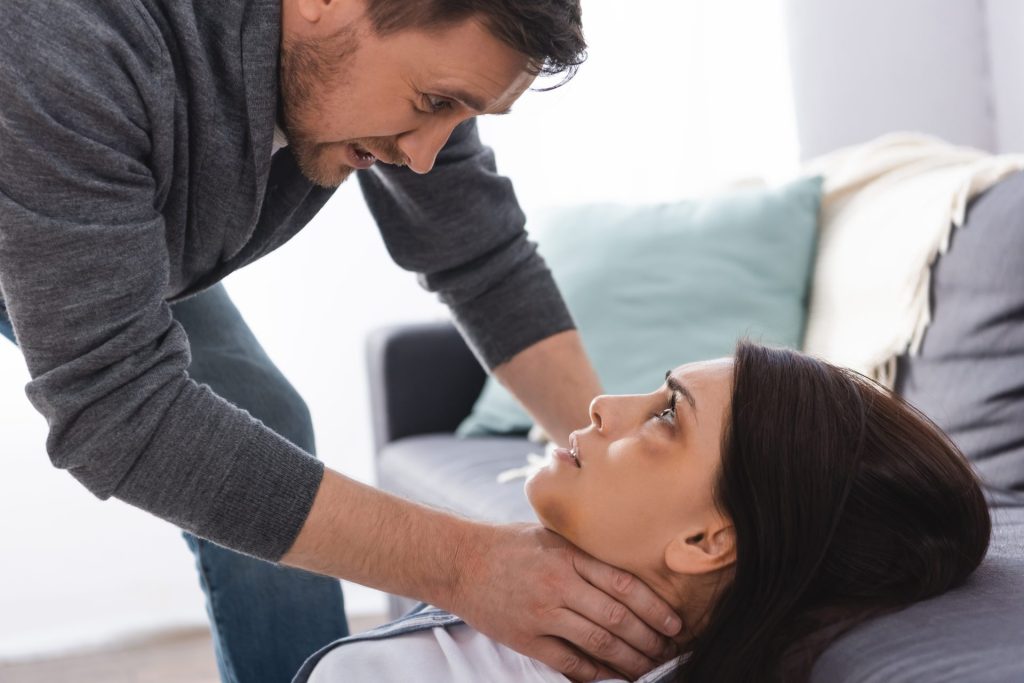What is the Juvenile Justice System in Colorado?
The criminal justice system in Colorado is complex, with offenders often being subjected to harsh penalties that may affect their lives in the long run. If you’re a parent with a child who has been arrested for a crime, you might wonder whether they will be subjected to the same penalties as an adult going through the system.
It’s in your child’s best interests to hire skilled criminal defense lawyers in Colorado Springs for legal counsel and representation in your child’s case. The juvenile justice system in Colorado handles children who are at least ten years old but under 18 and considers them juveniles. Children under ten who commit a criminal offense may be referred to Denver Human Services.
How Does the Juvenile Justice System Differ from the Adult Criminal System in Colorado?
The juvenile justice system in Colorado differs from the adult criminal system in one crucial way. The criminal justice system for adults focuses on punishing offenders by imposing hefty fines and jail or prison sentences. However, the juvenile justice system uses a different approach, focusing on the child’s best interests.
Courts uphold this principle by rehabilitating offenders who commit crimes and have genuine rehabilitation needs. Colorado Springs juvenile defense lawyers working with young offenders often fight to enroll them in court-ordered rehabilitation programs to avoid a conviction.
However, as a parent or guardian to a juvenile offender, you also must play an active role in the juvenile justice system. Children lack the same rights and responsibilities as adults, and you must work closely with a skilled lawyer for the most favorable outcome in the case.
Who Are the Main Actors in the Juvenile Justice System?
Legal representatives act in collaboration with various other actors in the juvenile justice system. The interplay of many actors focuses on the wholeness of the juvenile delinquent. For example, juvenile defense lawyers in Colorado Springs must concern themselves with civil or administrative proceedings in addition to delinquency representation.
Abuse and neglect proceedings, school disciplinary hearings, and special education hearings are examples of other sessions they must worry about. These proceedings often demand additional research but are excellent opportunities to supplement the lawyers’ discovery and investigation.
The more findings a lawyer has, the better their chances are to shift the juvenile away from the juvenile court jurisdiction into a rehabilitation program. So, when looking for a lawyer to handle your juvenile’s case, check that they can and are willing to represent you in these hearings, too.
Mental Health Professionals in Juvenile Justice System
In the pre-trial adjudication context, the involvement of mental health experts is crucial in identifying emotional, behavioral, and learning issues that may render a delinquent’s detention unnecessary. They can advise the juvenile defense lawyer about the child’s developmental stages and abilities to improve communication.
They can also testify about the juvenile’s mental competency and whether they had the requisite mental capacity to commit the crime. The professional can also help your juvenile defense lawyer in Colorado Springs create a plan to address the underlying problems that may have led the child to commit the crime, providing an alternative sentence to incarceration.
Social Workers in the Juvenile Justice System
Social workers play a crucial role in the juvenile justice system as they can support the defense in creating a solid case in favor of the child. They can document the client’s psycho-social and educational history to make treatment assessments and recommendations. They can also facilitate the provision of community-based resources to support you and your family.
Education Specialists
Education specialists can address the juvenile’s needs and assess the need for special education. A child’s educational situation can profoundly impact the defense’s case and the court. The specialist’s testimony can support the need for enrolment in an institution that bridges the gap in the child’s education instead of detaining them.
What is the Juvenile Diversion Program?
Once charges are filed against a juvenile offender, they may be enrolled into the juvenile diversion program as an alternative to standard court procedures. Entry into the program requires the young offender to plead guilty to the charges and take full responsibility for their behavior. You and the child must sign an agreement to adhere to the rules and conditions of the program.
The juvenile accesses several vital services through the diversion program to meet individual, family, and community needs. However, the child must not have previously participated in a juvenile diversion program. They also must not have pending charges against them. Additionally, juveniles charged with violent crimes are usually not accepted into diversion programs.
Once they’re in the program, the children are assigned programs based on the assessment reports of the various players in the system. The length of the diversion program depends on the child’s needs, but they must participate in community service for at least 30 hours and pay restitution to victims.
A Skilled Criminal Defense Lawyer Helping You Navigate the Juvenile Justice System
Having your child being charged with a criminal offense can be scary. Not knowing how to support them can make the situation more complex, so consider consulting skilled criminal defense attorneys in Colorado Springs immediately after their arrest. Lawyers who understand the juvenile justice system can help you build a strong defense strategy that could see your child avoid steep penalties.
The Lux Law Firm hosts dedicated juvenile justice lawyers in Colorado Springs. We can take up your case and provide the legal counsel and representation you need during this trying moment. Our team believes a past mistake shouldn’t define your child’s future, so let us help you protect it. Call us at 719-451-7469 for a FREE case evaluation.





